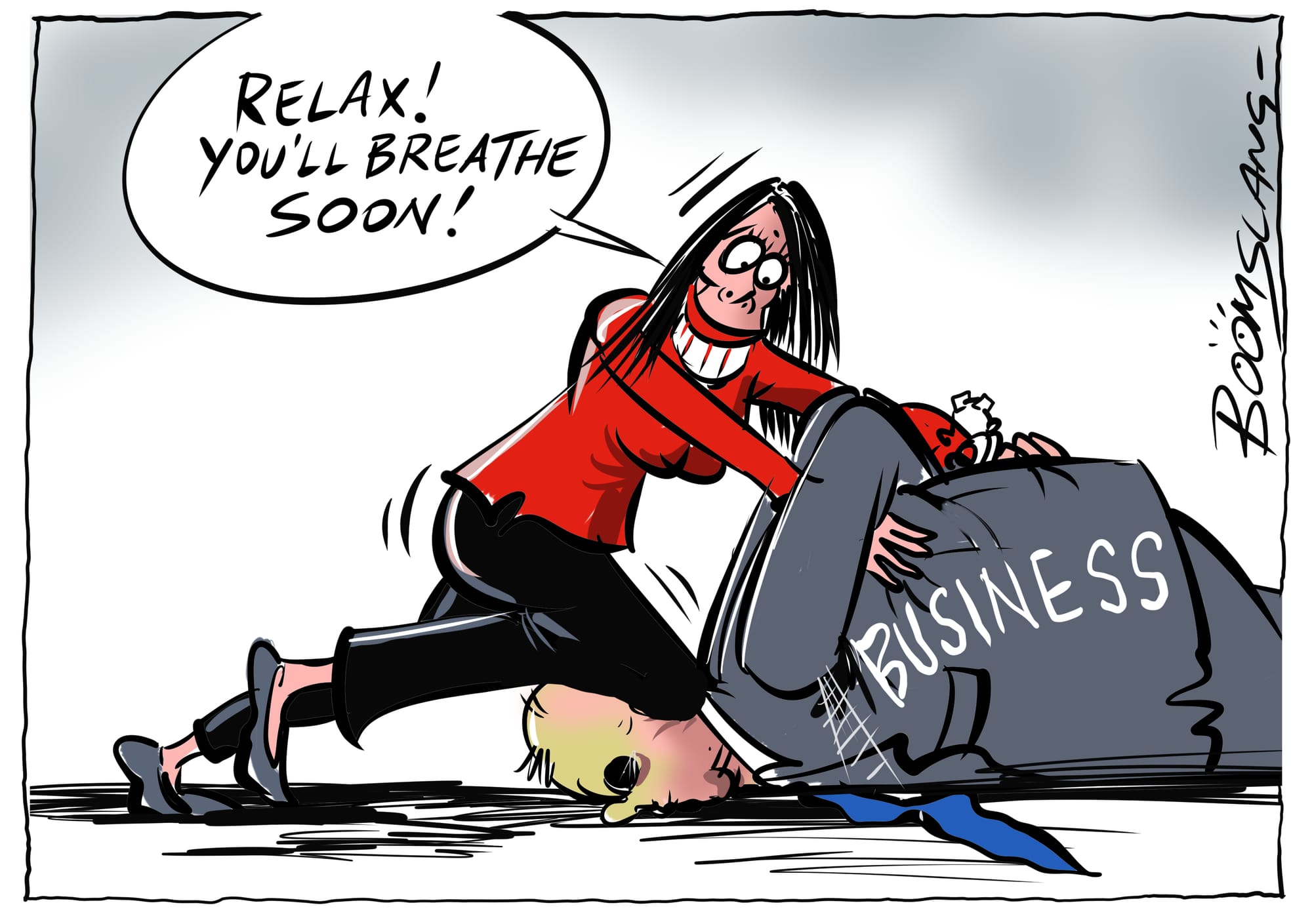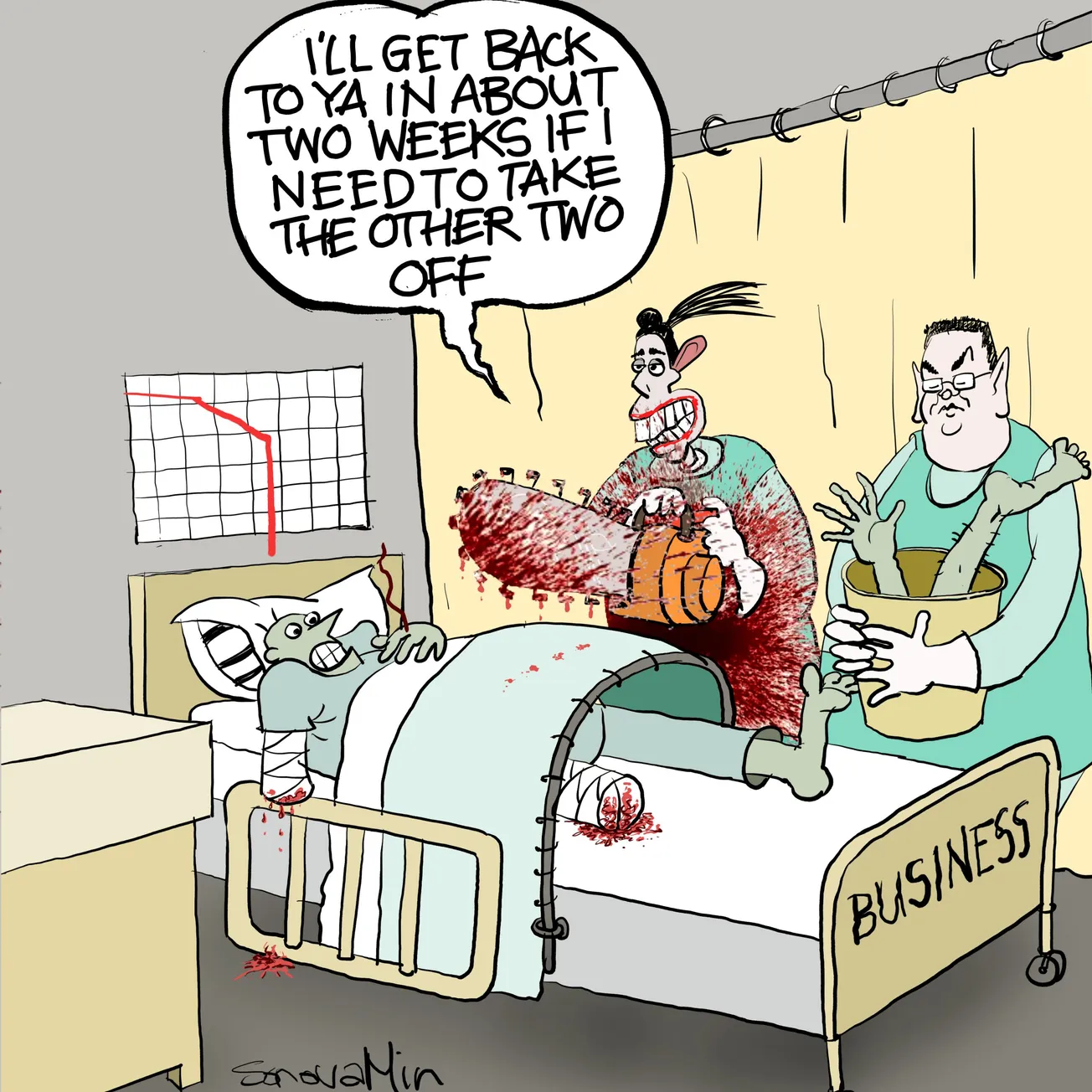Table of Contents
ACT Party
ACT Leader David Seymour.
“Many New Zealanders will take just a second to acknowledge a minimum wage increase of $1.10 an hour tomorrow and move on, paying it little mind, but the reality for New Zealand small businesses is they need to find tens or even hundreds of thousands of dollars a year to pay for Labour’s increased charges,” says ACT Leader David Seymour.
“Public perception around the impact of minimum wage increases over the past four years and other charges against business might well be different if more people understood how it all adds up.
“Research undertaken by ACT shows the annual impact on a business employing 20 people on the minimum wage of four years of steep minimum wage increases, more sick leave and an extra public holiday is almost $200,000 ($197,600).
“That money has to come from somewhere – increased prices for consumers where possible, or becoming unprofitable and going out of business.
“The reality is many small businesses that could have grown in recent years, employing an extra one or two staff, simply won’t have.
“For others it will mean trying to get by with fewer staff – that means job losses.
“This wouldn’t be so bad if there was any evidence the Government had been seriously investing in raising productivity to help pay for all its increased costs on business.
“Instead their policies are all about dividing the pie, unlike ACT’s, which are about growing it.
“Business needs more competitive taxes, easier access to capital, more focus on skills, an end to the bottleneck on immigration and reduced compliance costs.
“Labour’s impositions on business will be stifling economic growth – that’s the official advice the Government has been receiving.

“The most recent advice from the Ministry of Business, Innovation and Employment (MBIE) is that because of a lack of forecast net employment growth over the first half of 2021 tomorrow’s minimum wage increase shouldn’t be happening, it should instead be staggered.
“MBIE says an increase to the minimum wage should be held off until October 1 rather than April 1 and be $19.15 an hour instead of $20.
“The advice says: ‘MBIE believes the current economic conditions suggest a more gradual increase in the minimum wage is appropriate in 2021 … an increase in the minimum wage in April 2021 would be unaffordable for some businesses. This risks increasing unemployment or underutilisation for low-paid employees, particularly those people on or near the current minimum wage.’
“And it gets worse, because charging ahead as planned is going to hurt those Labour spends so much time claiming to stand up for, Maori, Pacific peoples and low-skilled workers.
“According to MBIE ‘These groups are also more likely to be the first to experience negative employment effects resulting from minimum wage increases, such as reduced hours or job loss.’
“Labour likes to make bold changes to the labour market because it claims to be standing up for the little guy, but it doesn’t understand the reality of running a business and that there’s only so much stress you can put on a market before it reacts in a way that hurts those you’re trying to help.
“Just watch, these extra charges will be more than many businesses can stand, delivering stagnant or declining productivity at best and widespread business failure and job losses at worst.”
Please share this BFD article so others can discover The BFD.









